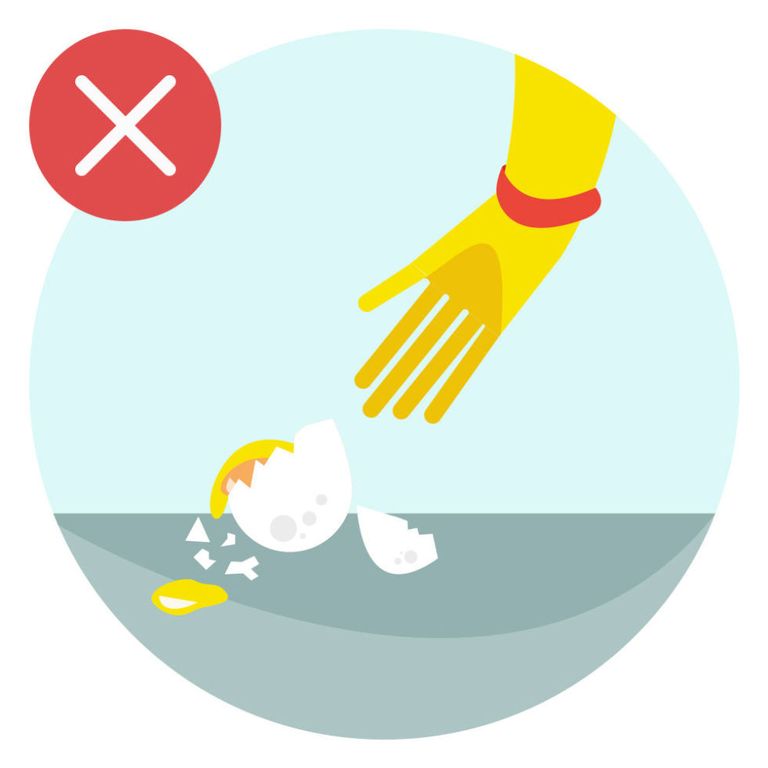DIY skincare has recently become the talk of the town, ever since influencers or so-called homemade skincare specialists started using every food and vegetable in their house into masks and different kinds of paste for skin and hair, People also started doing this without any proper research. Have you ever noticed them applying these weird masks? probably never. it’s always a snap of ingredients followed by an image of before and after. This is because these crazy masks are not going to magically make our skin glow or make your hair long and shine within an hour. It won’t happen, trust me. However, some fruits and vegetables might be effective for your skin or hair but not every edible in your house can be turned into a magic potion.
Here are the top 5 most popular DIY skincare myths and the truth behind them.
Lemon juice
Myth: Lemon juice clears up dark spots and brightens the skin.
Reality: The pH of the products you use is crucial for maintaining a healthy complexion. The natural pH of the skin is between 4.5 and 6.5. Lemons have a pH of 2 which means they are highly acidic. Lemon juice will disturb the natural pH levels of your skin and damage its protective barrier. If you regularly use it in your skincare routine, you risk getting a chemical burn or developing hyperpigmentation. Lemons contain psoralen – a chemical that that makes your skin extremely sensitive to light and susceptible to photodamage.
Raw eggs
myth: Egg mask prevent breakout and tighten skin
Reality: The texture of raw eggs can clog your pores and trigger breakouts. If you are using egg whites, there’s also the risk of salmonella. Salmonella bacteria can get into your body through microscopic abrasions of the skin, keeping the eggs away from your face and making an omelette instead.
Baking soda
Myth: Exfoliating with baking soda can remove acne scars, relieve sunburns and soothe skin rashes.
Reality: Baking soda is not only ineffective but actually damaging to your skin. A mix of baking soda and water has a pH of 8 which means it is alkaline. Alkaline products are extremely drying and damage the skin’s acid mantle. Baking soda disrupts the activity of enzymes in the upper layers of your skin which affects the healthy functioning of your skin cells. The worst part is that damage caused by alkaline products is cumulative – the longer you use them, the more harm they do.
Coconut Oil
Myth: Coconut oil is antibacterial and can help reduce acne.
Reality: Coconut oil rose to fame in skincare blogs and magazines when studies showed that lauric acid may effectively fight against P acne bacteria. What beauty magazines and DIY gurus forget to mention is that the studies used purified acid, not the 50% mix of lauric and fatty acids which coconut oil contains. The truth is that coconut oil is highly comedogenic and far from being antibacterial. It is full of things bacteria feed on (lipids and caprylic acid) and its thick texture will clog your pores and make acne breakouts worse.
Sugar
Myth: Sugar scrubs remove dead skin cells and clean clogged pores.
Reality: Sugar crystals have uneven, jarred edges that will leave microscopic cuts on the top layer of your epidermis and disrupt the skin’s lipid barrier. Naturally, this will make your skin vulnerable to dryness, flakiness and irritation.

